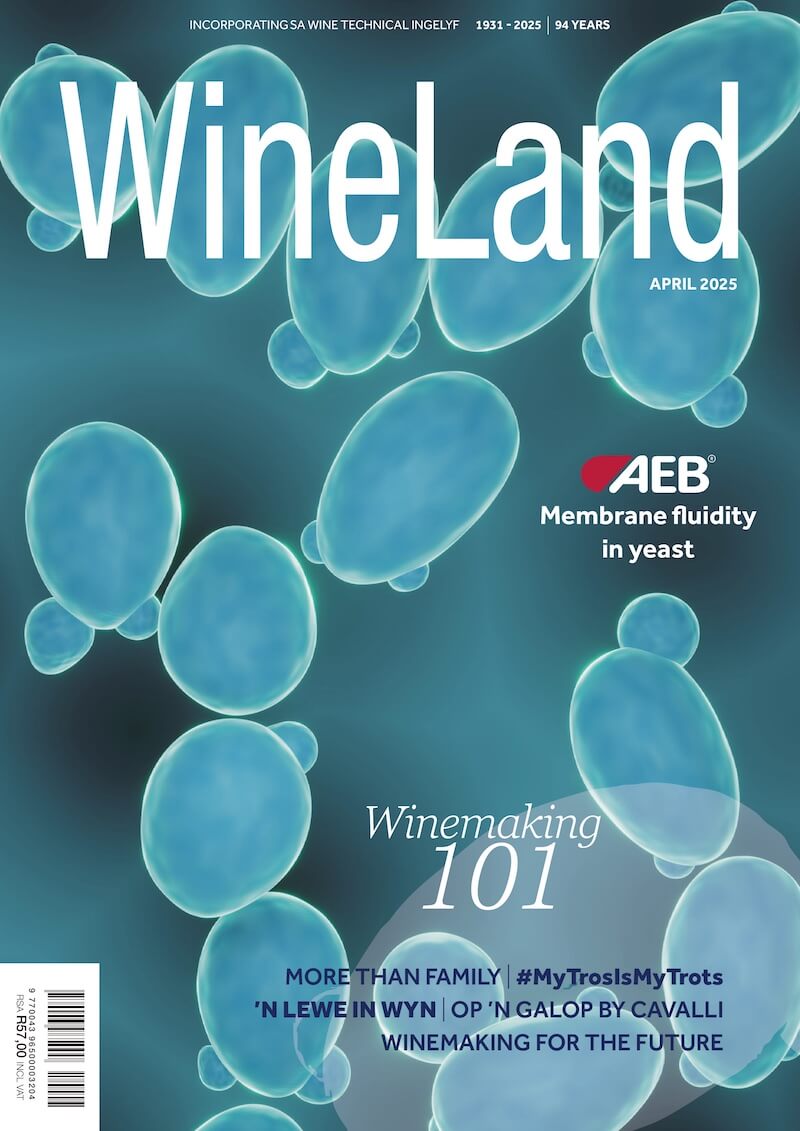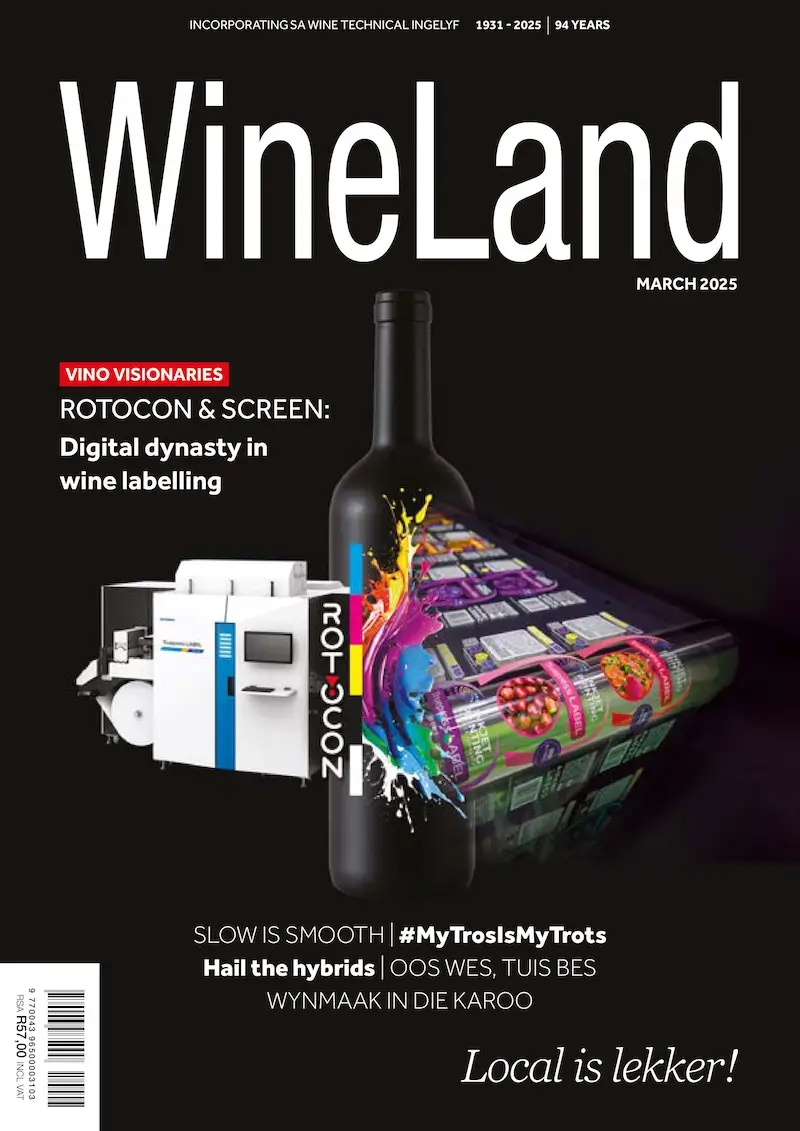If entered strategically, wine competitions can be a tool to promote quality wines. The pro’s and cons of competitions were scrutinised at a Rootstock session last night.
Rootstock has become an influential platform for wine industry discussions, especially amongst the young generation of winemakers and marketers. With a large group of students from Elsenburg and Stellenbosch University in attendance last night, the platform is attracting a diverse group of young people to participate in strategic industry discussions.
Presented at Backsberg, renowned wine critic and convenor of the Old Mutual Wine Trophy, Michael Fridjhon and chairman of the South African National Wine Show Association (SANSWA), Charles Hopkins, debated the role of competitions to the industry.
And the winner is…
“Who benefits from these competitions?” asked Fridjhon. The producer ultimately reaps great rewards from the competition in terms of feedback and the benefit of their product beign critically scrutinised. The important note was that producers should enter competitions tactically and selectively, since there is a significant cost involved with participation.
From the consumer’s point of view, the benefits include knowing that there is quality linked to every bottle with a sticker or rating. “There are just too many wines and the competitions give the consumer assurances on quality. With over 20 active local competitions, the choice on which one to enter lies merely on the producer,” continued Fridjhon. Familiarity with judging criteria and guidelines, should guide producers on which of their wines will perform well in a specific competition.
Charles noted that South African wineries particularly love entering competitions, but emphasised the importance of feedback. “Wine competitions should also focus on the producers that don’t perform well. Give them feedback and pointers of what to look out for during production and what to rectify,” said Hopkins. He further mentioned how he personally phones some of the producers and how such feedback can improve industry standards.
International judges
One of the key points that was discussed was the need to have international judges on the local scene and whether that was a sign that local judges lack competence. Explaining the importance thereof, both speakers noted that their experience adds value in terms of knowledge transfer. “International judges make us conscious of our faults and this is important with regards to feedback,” said Hopkins. He further mentioned the value it brings to the younger judges, especially in smaller panels where discussions ensue after the tasting. In answering to the number of wines tasted per day, Fridjhon mentioned that palate precision is the core of their training.
Building Brand SA
For international competitions, Fridjhon mentioned the need for consistent performers to showcase what South Africa has to offer. He further made a call to industry bodies to subsidise these wines when they enter and perform at international competitions.
“The international stage bodes well for the South African wine industry in general, especially by competing with the big boys,” said Fridjhon. He noted that if these perform well in the international stage, the onus is on local media and Brand SA to make that known to the world.
In concluding, the prerogative is on the industry in its totality to view competitions strategically, not just a few individual wineries. ”Know your wine and whether it can stand to be counted amongst the best, through scrutiny,” concluded Fridjhon.
Here some key pointers to note before entering your wine into a competition:
- Well run and audited competition
- Can your wine stand up for scrutiny
- Know the judging criteria and presentation of wine
- Familiarise yourself with the panel and their accreditation
- PR campaign linked to competition
- Impact of sticker on sales of wine
- Heightening od the corporate image of winery













